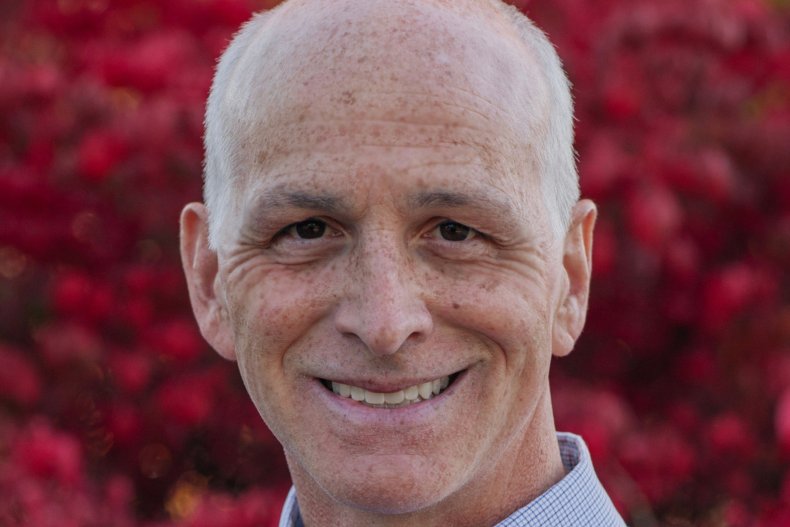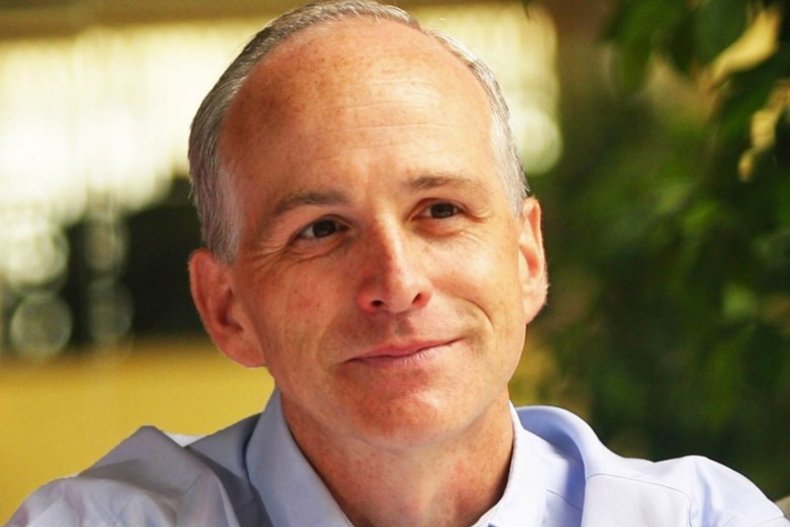I woke up one morning in early April of 2016 and seriously considered the possibility that I might never be able to get out of bed. Could I ever find the strength, courage, and focus to just get up?
Crippling pain, chronic anxiety, muscle atrophy, and an increasingly confusing mix of pharmaceuticals coursing through my body had brought me to this point of doubt. I felt broken and pathetic. A part of me knew this was ridiculous. I had to get up, and I also knew that, in the literal sense of it, I was capable of getting out of bed.
But my life terrified me. What would I do if I got up? How bad would the pain be? Could I get my mind to calm down enough to focus on any particular task? How long could I stand? Sit? Walk? Should I take an extra dose of my anti-anxiety meds? Pain meds?

The mere thought of having to make these decisions sent a surge of even greater anxiety through me. Then I thought about the consequences of simply staying in bed. I could almost physically feel my muscles getting weaker by the moment from all the inactivity, and they were already weak enough. If I didn't get up, surely the day would come when I really, honest to God, physically couldn't.
It was getting increasingly difficult to decide which terrified me more—getting up, or staying in bed.
Then I thought about my job. My third hip surgery—total replacement of my left hip—had been in February in Seattle, two months ago. I hadn't been back to D.C. since. This meant I had missed a lot of votes. How many? I had no idea. Too many. That I knew. I had hoped for a six-week recovery.
Now, I had no clue. I was lying in my bed worrying about just getting up and out of that bed. How in the hell was I ever going to get on an airplane and do the five-and-a-half-hour flight back to D.C.? Much less find a way to do my job and keep flying back and forth.
And re-election was coming. In November. Every two years, whether I liked it or not, I used to like to joke. Filing was a month away and nobody had yet decided to run against me. But there were rumors. There were always rumors.
This was another of my pithy observations from my previous life. Thinking and talking about running for office is always a hell of a lot more fun than actually doing it. But what if, this time, somebody serious actually did do it? Again, how could I possibly run a campaign in my current physical and mental state?
"I just can't do it," I said quietly to myself. "I'm not going to make it." I had said this more times than I could count by this point, even though I still didn't know exactly what it meant.
I did eventually get up. And slowly, unevenly, and painfully I found a way back. I learned a lot during this journey. I want to share what I learned in the hope that it can help people facing similar, problematic health care challenges.
My physical pain came from two things. I was born with impinged hips which limited my flexibility and created bone spurs and torn labrum.
More importantly, I had a knee injury that required major surgery when I was 16. I never properly rehabbed after that surgery. I favored one side of my body for 30 years. This got my whole body out of balance and caused a lot of my muscles to shut down. Muscle activation therapy both got my muscles back to working properly and taught me the right way to exercise.
I also had unresolved issues from a troubled childhood that triggered anxiety and depression. Psychotherapy helped me resolve those issues and meditation and cognitive behavioral therapy helped me better process the stresses and strains in my everyday life.
Mental and physical health problems both come down to two basic issues—getting the right diagnosis and the right treatment plan. It took me six years and a little over a hundred different health care providers of one kind or another—psychiatrists, psychologists, physical therapists, chiropractors, podiatrists, osteopathic surgeons, internists, naturopaths, massage therapists, etc—before I finally got the right answers to these two questions for both my mental and physical health problems.
Then, after getting both of these correct diagnoses, it still took time for me to trust them and follow the treatment plan. Neither was some kind of aha! moment, leading to total understanding and a quick resolution of either problem. Not like going: Oh, look! The lion has a thorn in his paw. Let's just take that out and, all good—now the king of the jungle is my friend and ally for life.
It took time for me to trust each diagnosis, and the treatment plan for both required a substantial amount of time and effort.
I wrote a book about my experience, Lost and Broken, My Journey Back from Chronic Pain and Crippling Anxiety. I have come to learn that millions of people in our country struggle with some combination of chronic pain, anxiety and/or depression. I hope my book can help people as they try to navigate their way through these health care challenges and find a path to getting better. The opening of this essay is the opening of my book.
While I do think that the specifics of my personal history can be helpful to others—telling the details of how I developed both my anxiety and my physical pain, and that long and uneven path I took to getting better—I also believe that just laying out a few basics can be useful.
First, get past the stigma surrounding mental health—both the stigma against acknowledging the problem and the stigma that suggests treatments don't often work. Mental health problems shouldn't be any different than physical health problems. Both happen frequently and both offer treatments to make you better.
Second, understand the basics of mental health, basics that too often mental providers skip past or don't explain clearly. One, you must have a basic sense of your own self-worth. Not worth because of how good or bad a person you are, or think you are, but simply because you are human. You are human and you are worthy of love for no other reason than that.
Be honest with yourself about your life—your whole life. What do you still feel angry about? What makes you anxious? What do you still feel guilty about? All of it. Be honest. And if that honest assessment has trauma in it that you have not adequately confronted--find help and confront it.

Repression absolutely happens and absolutely causes anxiety and depression. Three, work on training your brain to not chase after every emotion that enters into it. Fears are often irrational; not always, but often. Various forms of meditation can help with this. Spend a few minutes each day simply noticing the thoughts and feelings your mind and senses experience. Notice and let them go. Don't try to understand or explain them.
Our health care system will be difficult to navigate. Understand and accept that. The human body and mind are incredibly complex, there isn't enough money in the world to give everybody the health care treatment they need, much less want, and trained medical professionals in our country tend to be bad at listening to/communicating clearly with patients.
Yes, policy changes could be made to improve these realities, but no change exists that would ever make the whole thing not at least somewhat difficult and as a patient you are not going to be the one to change the system. Deal with the problems in front of you and be prepared to have to take responsibility for a larger degree of the health care treatment you receive than you really should.
Muscle activation therapy also really helps with chronic pain far more often than almost all physical therapists, chiropractors, etc understand. Google "muscle activation techniques" to get a more detailed explanation. Muscles do shut down and there are very specific methods for getting them back working like they should. Read my book for the details, but I honestly feel that muscle activation therapy saved me from a life of chronic pain.
Finally, help exists. Never doubt that for a second. You can get better. Anxiety, depression, and chronic pain are all treatable conditions.
Every person is different, and I know many challenges on these issues can be far worse than what I experienced. I don't mean to imply that it is ever easy or that you can always just snap back to being completely okay.
But you can find help and at least improve your condition, so don't stop trying.
Rep. Adam Smith is the member of Congress who represents the 9th District of the State of Washington. He was reelected to his 14th term in 2022 and has been the top Democrat on the House Armed Services Committee since 2011. He served as chair of the committee from 2018–2022 when the Democrats controlled the majority in the U.S. House.
This excerpt is adapted from Congressman Adam Smith's new book, "Lost and Broken: My Journey Back from Chronic Pain and Crippling Anxiety." Reprinted with permission from Health Communications, Inc.
All views expressed in this article are the author's own.
Do you have a unique experience or personal story to share? Email the My Turn team at myturn@newsweek.com








